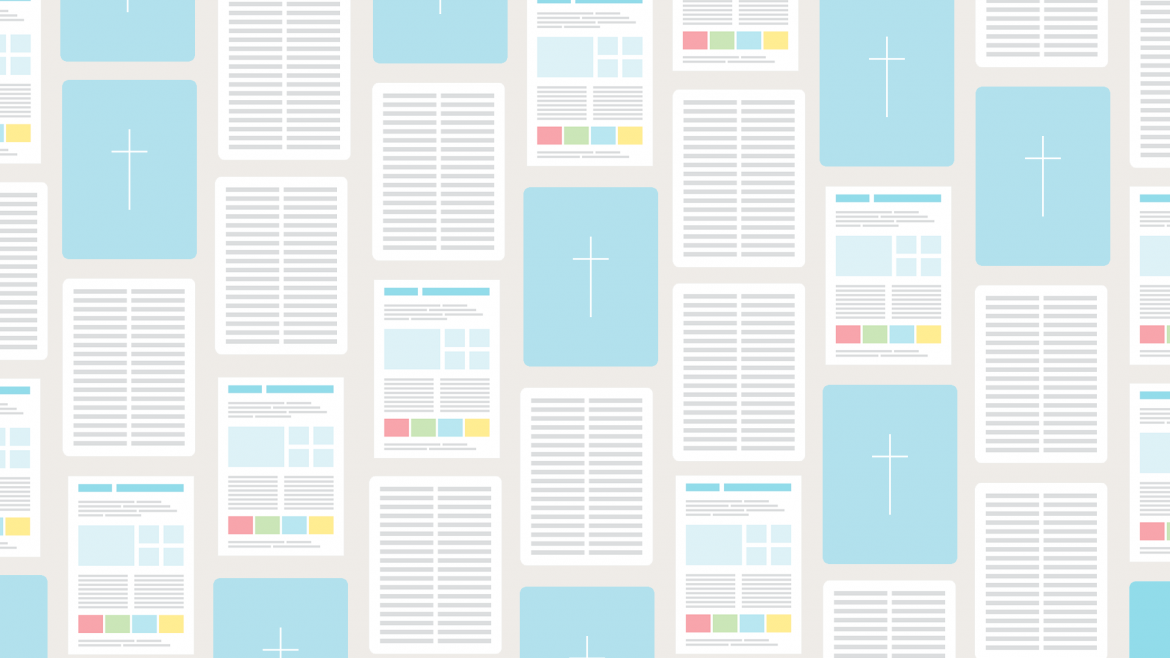Nahum is written to the southern kingdom of Judah after the fall of the northern kingdom of Israel, and prophesies the demise of the Assyrian empire. This promise of hope was designed to give Judah encouragement to persevere in the face of the tyranny and oppression that they were currently experiencing from Assyria. The prophecies appear to be addressed to the King of Assyria, but the real audience is Judah.
The Lord is slow to anger but great in power, and the Lord will by no means clear the guilty. His way is in whirlwind and storm, and the clouds are the dust of his feet. (Nahum 1.3)
7The Lord is good, a stronghold in a day of trouble; he protects those who take refuge in him, 8even in a rushing flood. (Nahum 1.7–8a)
As with many of the prophetic books, Nahum represents God as angry and pouring out this anger on humanity, this time on Judah’s enemies. Most uncomfortably of all, God’s anger is described in 3.5 as revealing the nakedness of a woman by way of punishment. Many people find this language very difficult indeed.
Nahum the Elkoshite
Nothing – neither Nahum nor Elkosh are mentioned in elsewhere in the Bible.
The content of Nahum indicates that the book was written at the end of the seventh century BC. The Babylonians began to challenge the Assyrian empire in around 626 BC and had successfully conquered it and destroyed Nineveh by 612 BC. It is most likely that Nahum was written at some time in this period.
Nahum suggests that the people of Judah were feeling vulnerable and anxious about the future. God’s anger in this prophecy, which was aimed at the Assyrians for all the evil they had done, could well have provided reassurance to God’s people that they were not alone.
Zephaniah and Habakkuk
Prophecy. Nahum takes the form of a series of prophecies depicting God’s anger which, as the book unfolds, is clearly directed towards the Assyrians.
1.1 Introduction
1.2–8 An acrostic poem laying out God’s anger
1.9–15 A prophecy of the destruction of God’s enemies and the restoration of God’s people
2.1–3.19 The future destruction of Assyria
There will be lots of names you will not know; don’t worry if you can’t place them all. The key ones are given below.
Nineveh, Assyria, Bashan, Carmel, Israel, Judah, Lebanon, Mount Carmel
Israel
Scribes
The language that is used for God’s anger in this prophecy. It is very graphic at times, so it is important to be alert to it and to notice how it makes you feel.
Think about the book of Jonah, which also prophesies to Nineveh but allows for the possibility that the Assyrians will repent. Reflect on the difference between these two books as you read.
This book looks for the destruction of a city which was, for the prophet Nahum, an embodiment of evil. Who would embody evil in this way for you today? Reflect on this as you read and whether you might express how you feel in similar or different terms.

Here are 8 handy tips to get your book club up and running.

Here are some ideas to get you started.

Unsure of the meaning of a word or phrase in the Bible? Check our glossary of terms.
Books of the Bible journal: 2nd Edition
Journey through the Bible, one book at a time, with the 2nd edition of our Books of the Bible journal.
